Advanced Radiology Imaging: Cutting-Edge Insights for Diagnosis

Unlocking Diagnostic Potential: Advanced Radiology Imaging
Radiology imaging has emerged as a pivotal tool in modern healthcare, providing clinicians with unprecedented insights for accurate diagnosis and treatment planning. This article delves into the multifaceted realm of advanced radiology imaging, exploring its technological advancements, diverse applications, and the transformative impact it has on patient care.
Technological Marvels in Radiology Imaging
The field of radiology has witnessed remarkable technological advancements, with imaging modalities evolving to deliver high-resolution, three-dimensional views of the human body. From computed tomography (CT) scans to magnetic resonance imaging (MRI) and positron emission tomography (PET), these technologies enable healthcare professionals to visualize internal structures with unparalleled detail, aiding in the detection and characterization of various medical conditions.
Diverse Applications Across Medical Specialties
Radiology imaging finds applications across a spectrum of medical specialties, playing a crucial role in diagnostics, treatment planning, and monitoring of various conditions. In oncology, it helps visualize tumors and assess treatment response. In cardiology, imaging techniques provide insights into heart function and vascular health. From neurology to orthopedics, radiology imaging is an indispensable tool for comprehensive patient care.
Precision and Personalized Medicine
Advanced radiology imaging contributes significantly to the paradigm shift toward precision and personalized medicine. By capturing detailed images of an individual’s anatomy and pathology, clinicians can tailor treatments to specific patient characteristics. This approach enhances treatment efficacy while minimizing potential side effects, marking a significant stride in the evolution of healthcare.
Radiology Imaging in Emergency Medicine
In emergency medicine, timely and accurate diagnosis is critical. Radiology imaging, particularly through portable devices like X-ray and ultrasound, aids emergency physicians in swift decision-making. Rapid access to detailed images allows for the prompt identification of injuries, fractures, or internal bleeding, enabling effective interventions in time-sensitive situations.
Challenges and Ethical Considerations
While the benefits of advanced radiology imaging are undeniable, challenges and ethical considerations accompany its widespread use. Radiation exposure, over-reliance on imaging for diagnosis, and issues related to patient privacy require careful consideration. Striking a balance between maximizing diagnostic potential and minimizing potential risks is imperative in the responsible deployment of radiology imaging technologies.
Ongoing Research and Future Innovations
The landscape of radiology imaging is continuously evolving, driven by ongoing research and technological innovations. Artificial intelligence (AI) integration, improved contrast agents, and enhanced imaging protocols are areas of active exploration. These developments aim to further refine the accuracy, efficiency, and accessibility of radiology imaging, promising even greater strides in patient care.
Educating Healthcare Professionals
As radiology imaging technologies advance, the need for comprehensive education among healthcare professionals becomes paramount. Continuous training ensures that clinicians are adept at interpreting complex imaging data, utilizing it effectively in diagnosis, and incorporating it into holistic patient care strategies. Education plays a pivotal role in maximizing the potential benefits of radiology imaging.
Collaborative Approach for Holistic Patient Care
In the era of multidisciplinary healthcare, a collaborative approach is vital. Radiologists, physicians, and other healthcare professionals must work together to harness the full potential of radiology imaging. Interdisciplinary communication ensures that imaging findings





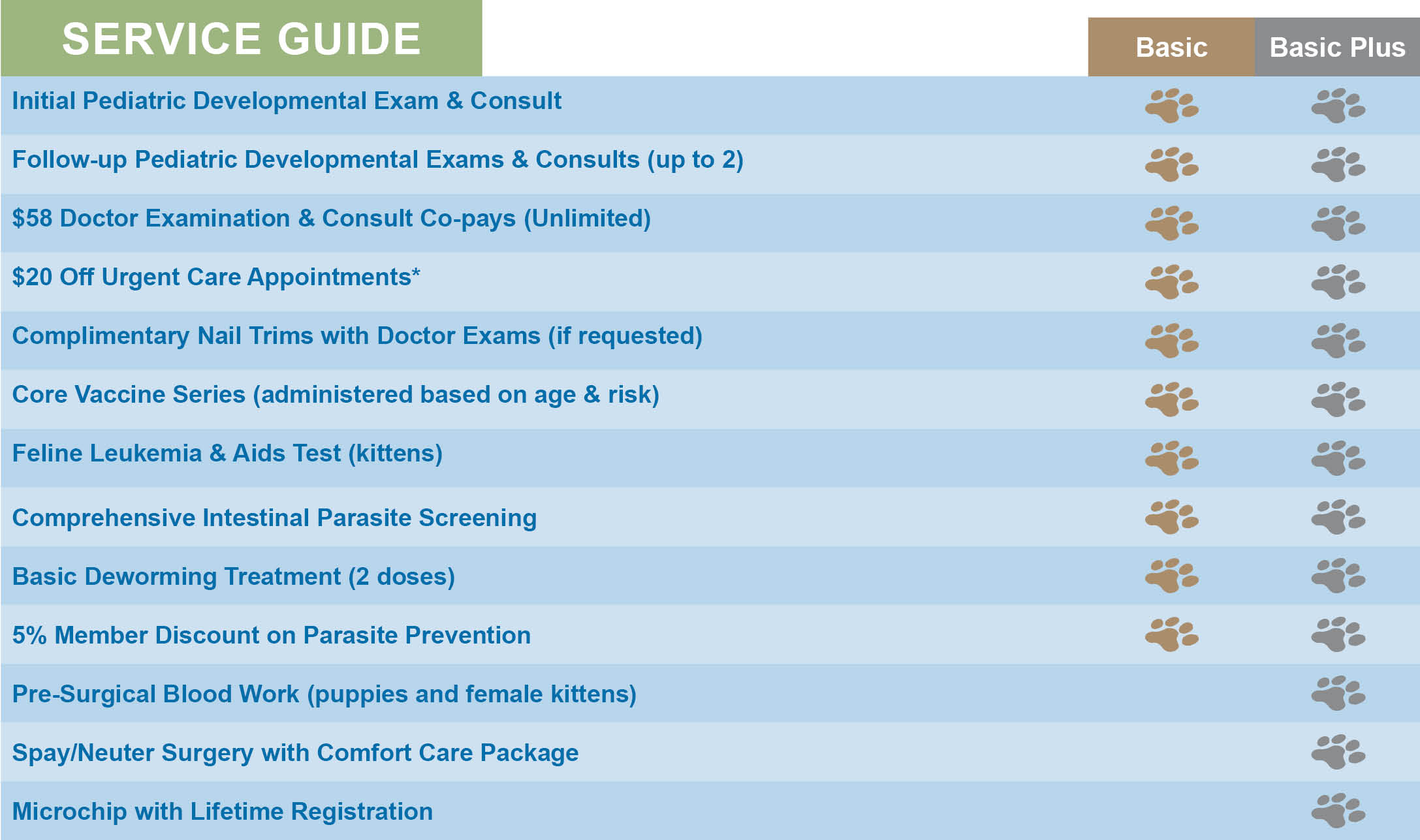


 Psychological or psychological abuse is an issue that occurs generally in lots of relationships but the victims of this sort of abuse seldom understand what it actually is that is being completed to them. Beef, like sugar, is another vivid example of utilizing assets wastefully, degrading the atmosphere, contributing to hunger, poor health and more. Hip and spine points – In Australia breeders have their breeding inventory hips and spine X rayed by a veterinarian who then sends the X-rays off for scoring by a specialist. Please seek the advice of your doctor, or health care provider earlier than taking any dwelling treatments or supplements or embarking on a brand new health regime. Munchausen syndrome can occur within the mental health care service, however is more often seen first within the medical setting as an attention looking for position. Regular progress reports outline motion on B.C.’s public health emergency, identifying achievements up to now and subsequent steps underway. The prevalence of health issues within the U.S. is clear in the healthcare spending.
Psychological or psychological abuse is an issue that occurs generally in lots of relationships but the victims of this sort of abuse seldom understand what it actually is that is being completed to them. Beef, like sugar, is another vivid example of utilizing assets wastefully, degrading the atmosphere, contributing to hunger, poor health and more. Hip and spine points – In Australia breeders have their breeding inventory hips and spine X rayed by a veterinarian who then sends the X-rays off for scoring by a specialist. Please seek the advice of your doctor, or health care provider earlier than taking any dwelling treatments or supplements or embarking on a brand new health regime. Munchausen syndrome can occur within the mental health care service, however is more often seen first within the medical setting as an attention looking for position. Regular progress reports outline motion on B.C.’s public health emergency, identifying achievements up to now and subsequent steps underway. The prevalence of health issues within the U.S. is clear in the healthcare spending.
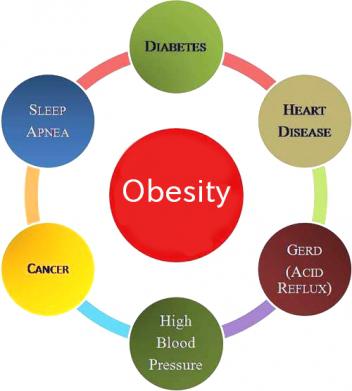 …
…






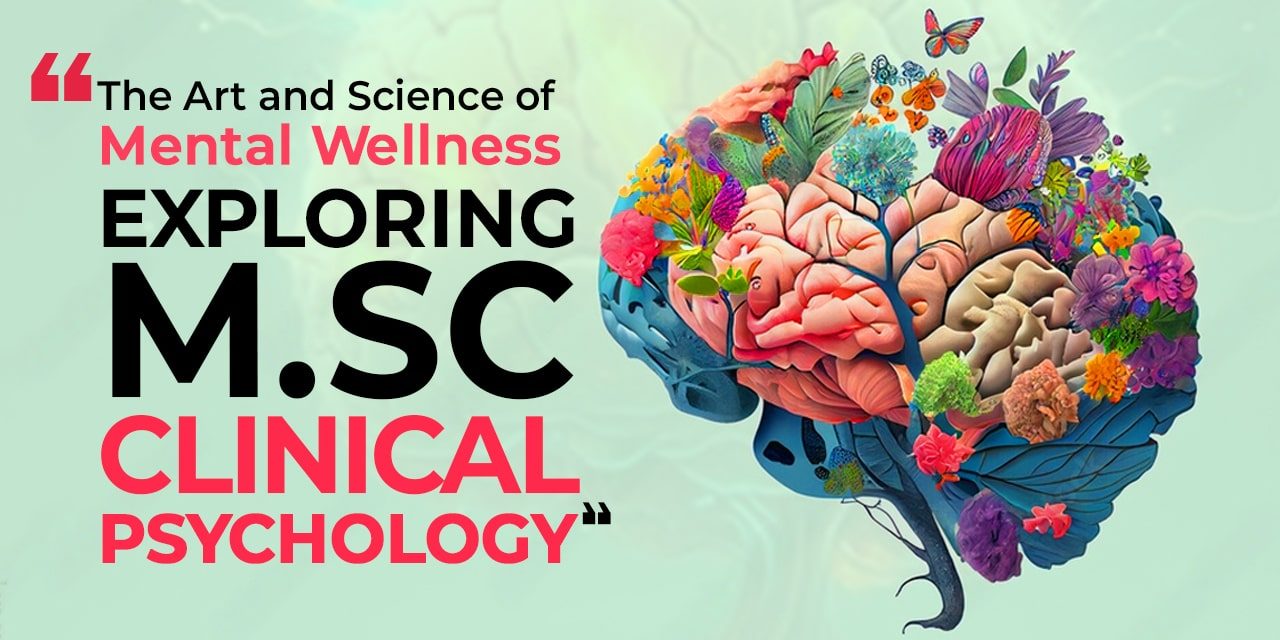

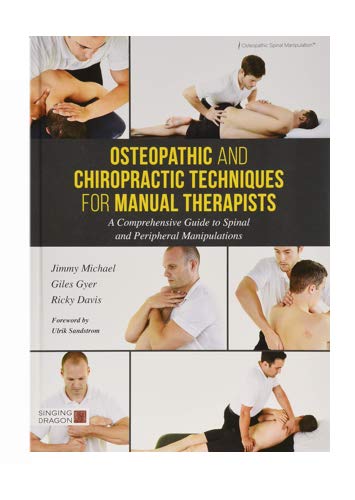



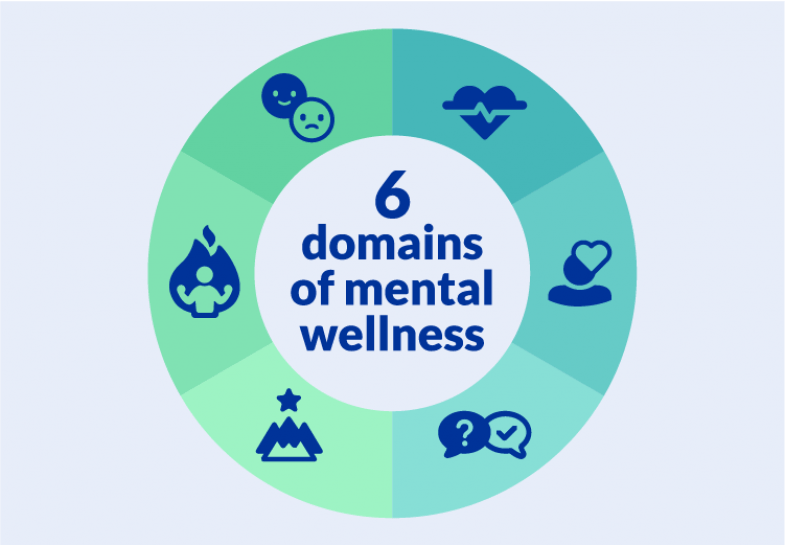
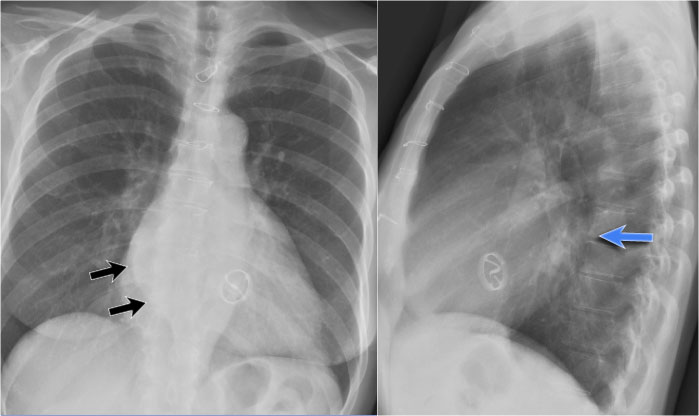




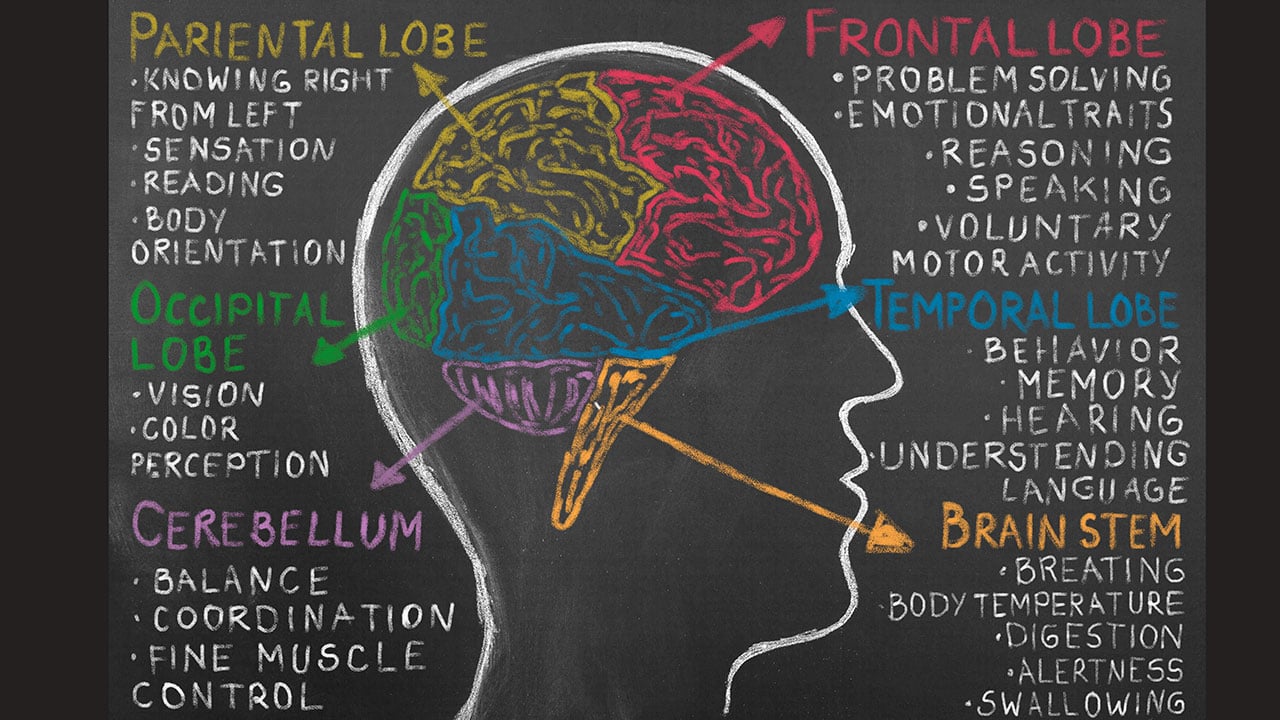
:max_bytes(150000):strip_icc()/doctor-applying-shoulder-tape-GettyImages-565974613-crop-5786b1875f9b5831b530924b.jpg)
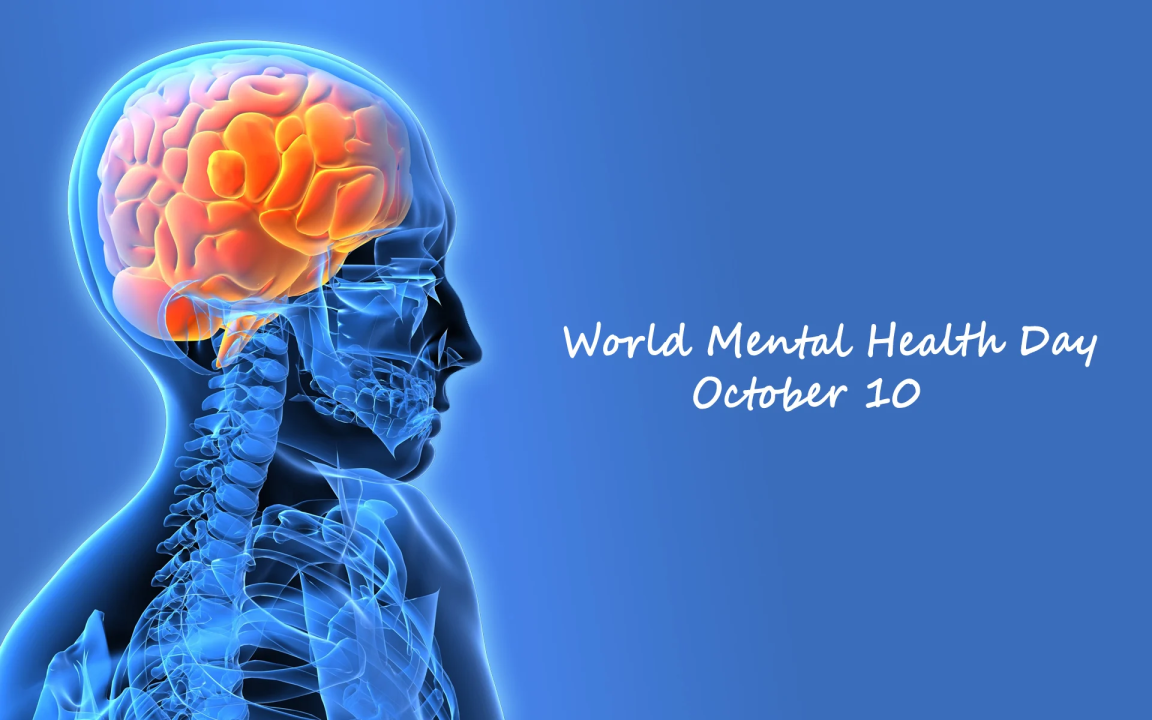



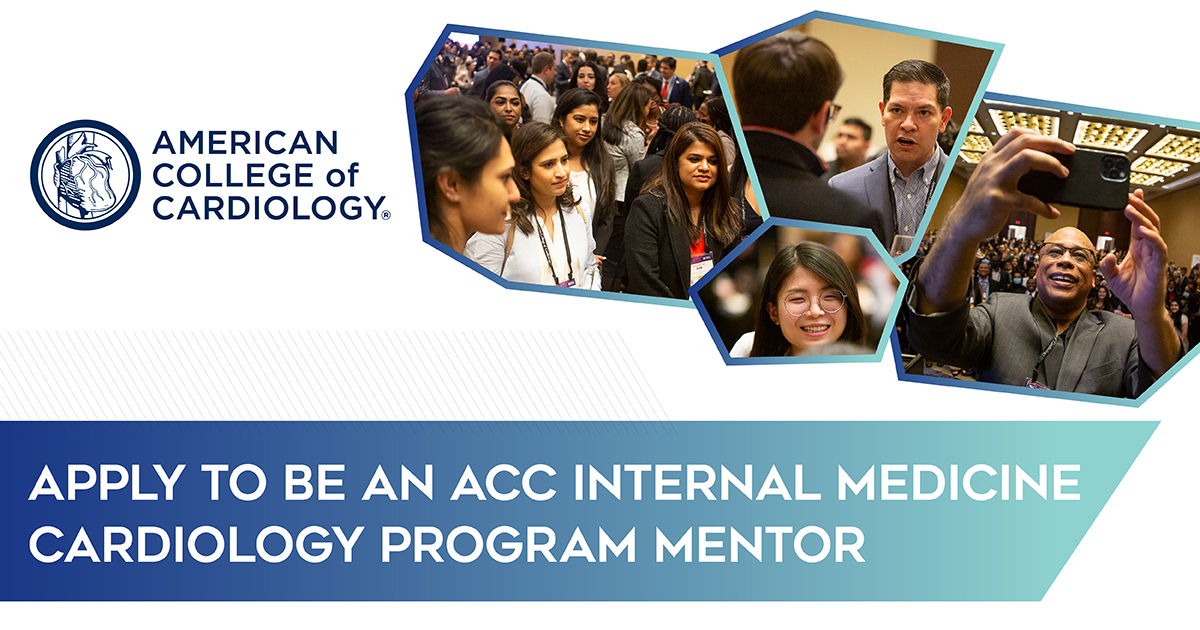


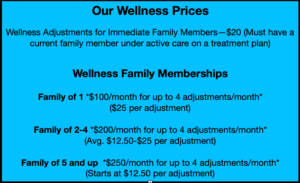

 Edisi ke four dari Buku Health Conduct and Health Education menawarkan sebuah analisis yang mendalam, menyeluruh dan dapat diakses secara mudah tentang teori dan praktik perilaku kesehatan yang paling terkait dan relevan dengan pendidikan kesehatan. By providing a clear link to affected person outcomes, educators can help to handle the variation in standards of healthcare education and coaching at present delivered. In each case we will develop critical health conditions if both downside continues for an prolonged time period.
Edisi ke four dari Buku Health Conduct and Health Education menawarkan sebuah analisis yang mendalam, menyeluruh dan dapat diakses secara mudah tentang teori dan praktik perilaku kesehatan yang paling terkait dan relevan dengan pendidikan kesehatan. By providing a clear link to affected person outcomes, educators can help to handle the variation in standards of healthcare education and coaching at present delivered. In each case we will develop critical health conditions if both downside continues for an prolonged time period.
 …
…


.jpg)






